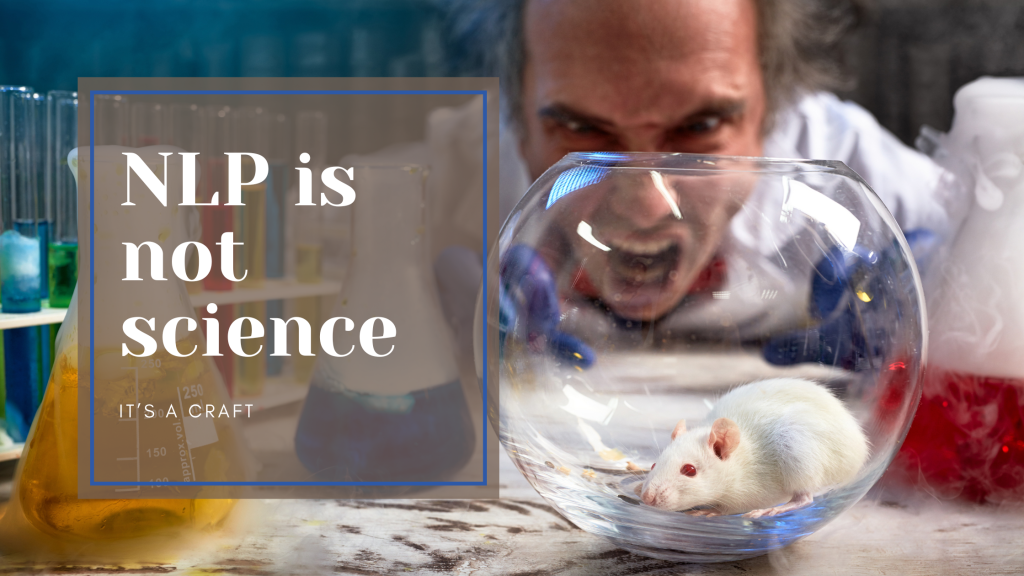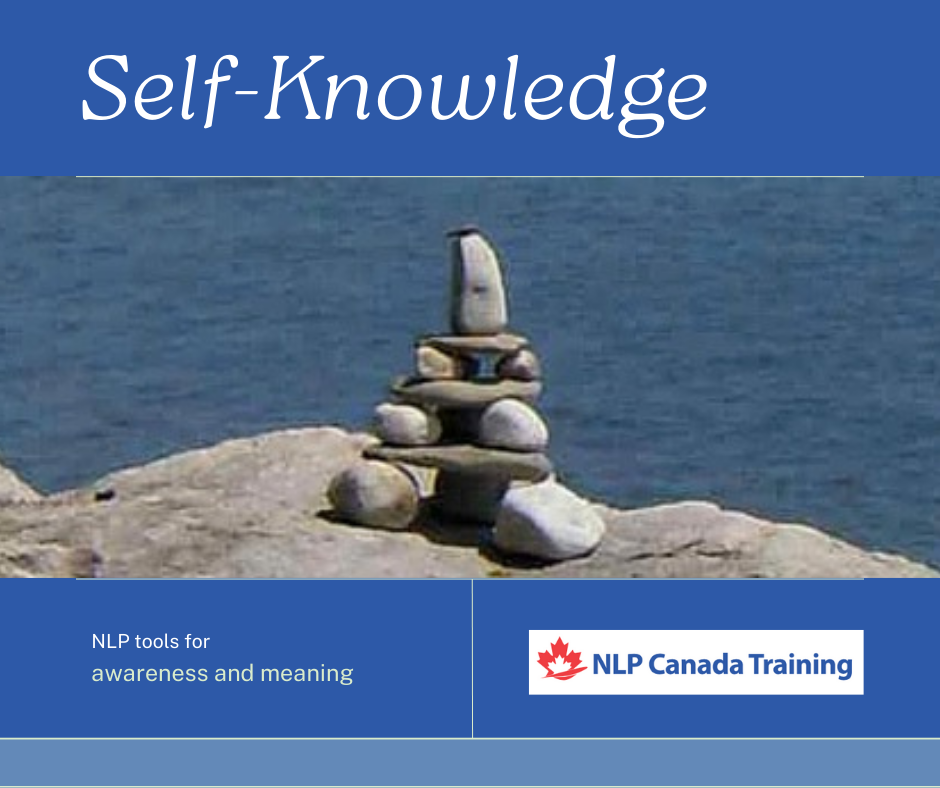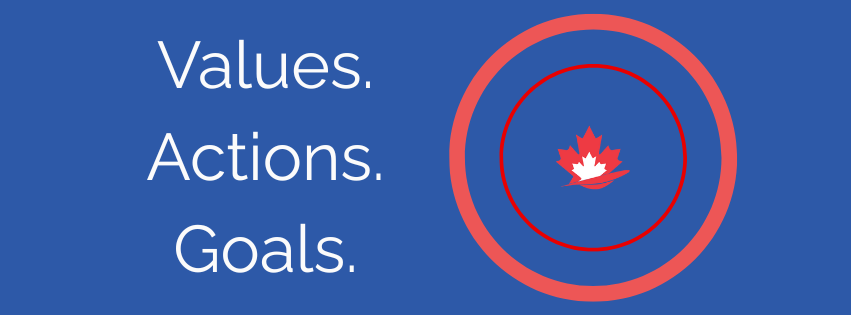People who have visited Wikipedia or read nasty comments on social media are often worried. Is NLP a legitimate approach to change and communication?
While there are a few practitioners who prefer to sound ‘sciency’ when describing what they do (and the name is terrible), the truth is that NLP is not a science at all. A chef is not a scientist, although they work with the chemistry of food. A teacher is not a communication or education scientist, although they work to support learning. And a good NLP trainer is not a scientist: they are teachers of ways to communicate better with yourself and others.
At NLP Canada Training, I work very hard to read current books that gather research in psychology, neuropsychology, behavioural economics, leadership, and communication. I also listen to podcasts, watch videos, and read newsletters that keep me on top of what is most accepted as current science. In the more than twenty years I have been reading, science has changed considerably.
For instance, theories of emotion that were “true” in the last century have been discarded. In fact, theories from the beginning of this century have also been disproven. People who are still teaching the three part brain are teaching a model of neurology that is no longer current. Daniel Kahneman included priming in his popular work, Thinking Fast and Slow, and later changed his mind about it when the science changed. He won the Nobel Prize in Economics for his life’s work, although the Wikipedia article calls his conclusions into question.
Science is not the only way to learn, change or communicate. Most of science is meant to describe reality, not to give you a practical guide to application.
NLP as taught at NLP Canada Training is neither a science nor a pseudoscience. It’s a set of practical tools that are updated to align with current science and provide a bridge from science to the choices you make everyday. You can think of it as an art or a craft, a way of understanding life that draws on science and experience and practice.



